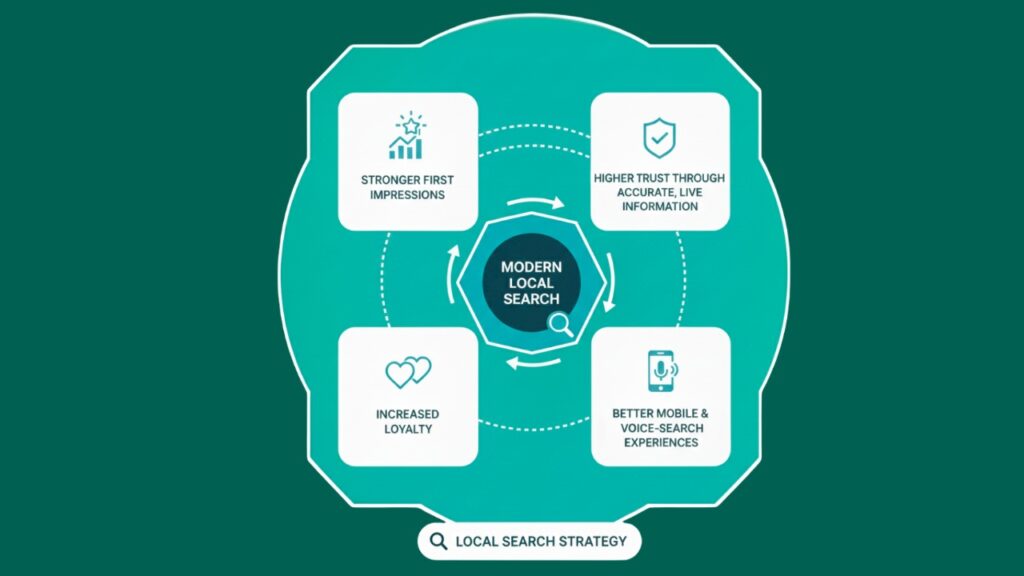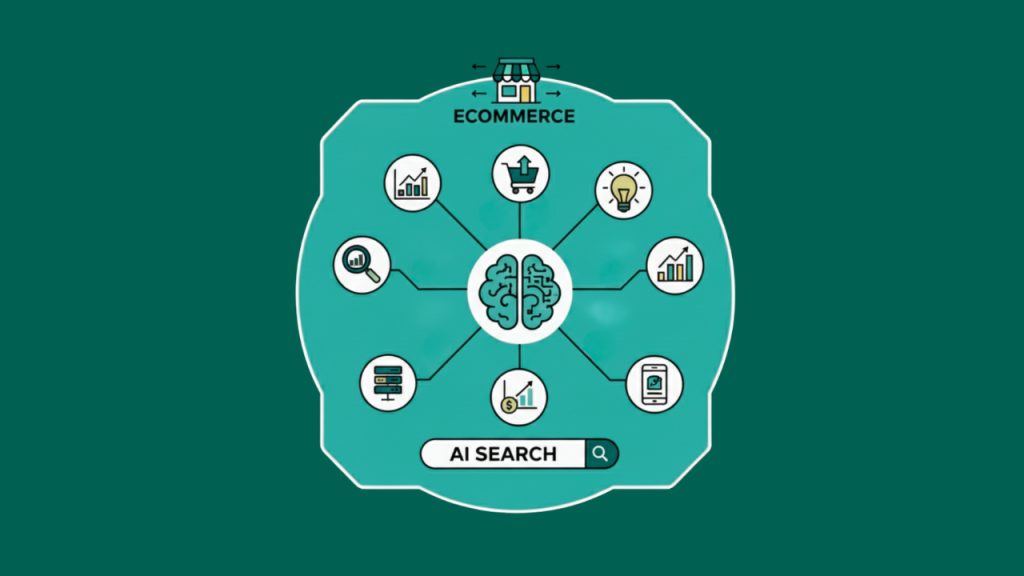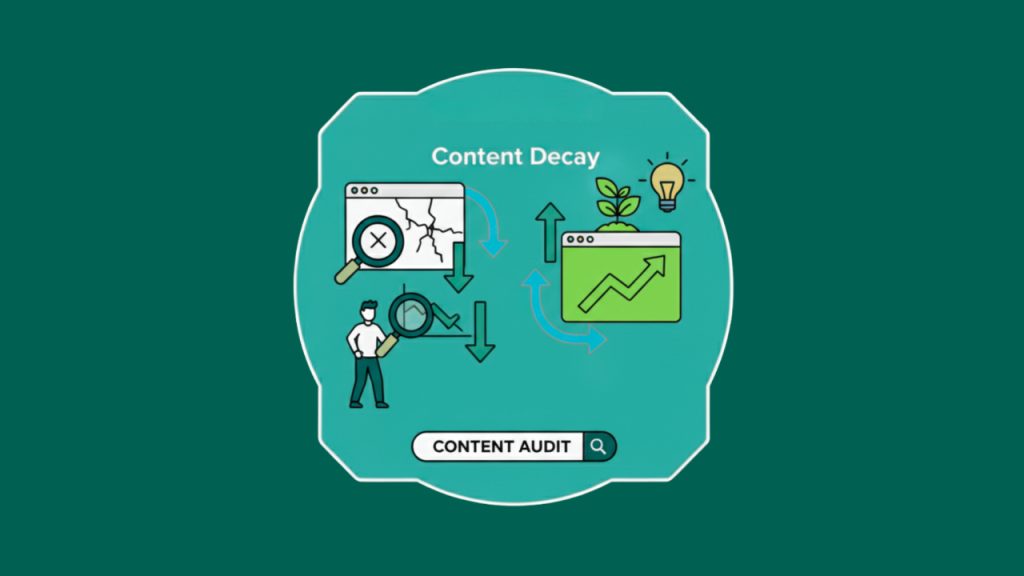Artificial intelligence (AI) is changing the way content marketing works. AI solutions enable brands to move faster than before, from coming up with ideas to running personalised marketing. But here’s a question: do your readers always recognise when AI makes or improves your content?
People now demand everything to be real and honest. They want brands to use AI in a fair and open way. Many marketers don’t pay attention to this. What happened? Trust has been lost, and the reputation has been hurt.
This blog talks about the AI content marketing Ethics and gives tips on how to be open and honest about AI-driven marketing to develop real trust.
Table of Contents
Why Ethics Matter in AI Content Marketing
When brands use AI in an illegal way, they could face big problems. Brand trust can quickly go down the drain if you use unethical practices like misleading automation, false personalisation, or unconfirmed AI data. Ethics should be a core value if you want to be strong in the long run. There is no choice except to be open. It is the basis for strong trust and loyalty from your audience.
The Fine Line Between Automation and Authenticity
How can a brand use AI to make more content without seeming robotic? The key is to find a balance.
Tone Alignment
The AI output has to sound like your brand. Don’t let it turn into cold, bland language. Use style rules or “brand voice prompts” to make sure AI suggestions stay on track.
Editorial Oversight
Have real people read AI drafts all the time. Editors review facts, rewrite sentences that don’t make sense, and add emotional or narrative flourishes.
Disclosure Statements
Let readers know when AI helped. Even a small label like “This content was generated with AI assistance” can preserve trust. It affirms your honesty.
You lose the human touch if you don’t worry about automation. That loss makes readers feel alone.
Real-World Cases of AI Misuse in Marketing
AI can help marketers, but misuse hurts brands fast. Some content misleads readers or spreads errors. Over-relying on AI makes posts bland or robotic. Many readers notice when human touch is missing.
Transparency matters; HubSpot’s 2024 report shows 42% of consumers trust brands more if AI use is clear. Some companies exaggerate AI involvement, misleading customers. Bias in AI training data can also create unfair messages. The fix? Mix human review with responsible AI, be honest about usage, and keep content accurate. Trust grows when ethics lead.
Transparency as a Competitive Advantage
You could think, “Won’t admitting AI use weaken my authority?” In fact, the opposite is true. Brands that are honest about how they employ AI tend to get more trust from customers. Being open sets you apart.
How to Communicate AI Use Clearly
Here are practical examples of transparency in content:
- Labels and disclaimers: “This blog was drafted using AI tools and refined by human editors.”
- Tool attribution: “Generated with GPT-4, then edited by our content team.”
- Ethics statements: On a “About” page, describe your AI policies. Explain how you vet AI content.
- AI badges or icons: Add a small visual cue near content to show it is AI-assisted.
For business, clarity is crucial. That’s why they have to be simple, visible, and honest about their content marketing strategy.
Measuring Audience Perception of AI Transparency
You should track whether your transparency tactics work. Try this:
- Feedback forms & comments: Ask readers if the AI disclosure felt sufficient.
- Surveys: “Did knowing we used AI help or bother you?”
- Engagement metrics: Compare bounce rates, time on page, or shares for AI-labelled vs. non-labelled content.
- Trust indicators: Look for mentions of “authentic” or “honest” in feedback or social posts.
These data points tell you whether transparency builds or erodes trust.
Principles of Ethical AI Content Creation
There is nothing unclear about making ethical AI content. It is based on clear, useful norms. Use these tips to make your AI marketing ethical.
Human Review and Editorial Oversight
Every AI-generated piece must pass human review. Here’s why:
- AI can make things up or get facts wrong. A person finds mistakes.
- Machines don’t understand context and nuance very well, but editors do.
- Brand voice and emotional relevance demand a personal touch.
- Editorial control keeps the tone, stops bias, and keeps the quality high.
Make it impossible for anybody to review your procedure.
Training AI Responsibly
For AI to be ethical, the data behind it is key:
- Use fair and diverse datasets to reduce bias.
- Regularly audit for algorithmic bias and unfair outputs.
- Use factual, authoritative sources. Avoid “learning” from low-quality or contradictory texts.
- Retrain or update models as new, more inclusive data emerge.
By doing so, you uphold AI transparency in marketing and responsible AI marketing strategies.
Building Long-Term Trust in AI-Driven Marketing
Trust and ethics aren’t things you do once. They need to be built over time. These tactics assist in building trust.
Turning Ethical AI into Brand Value
Include ethics in your brand:
- Tell stories about your AI policies and values.
- Share reports on ethics or transparency that include numbers.
- Follow recognised standards or get certificates.
- Be a thought leader: talk about AI Content Marketing Ethics in public and how your brand leads the way.
When you are trustworthy, people will be loyal and buy from you.
Future of AI and Human Collaboration in Marketing
The future will not be humans vs. AI. It will be humans and AI. The best brands will embed ethics at the core of that collaboration.
AI will assist with drafts, detailed research, or A/B testing. Humans will guide strategy, bring emotion, and govern outcomes. That combination, guided by ethical principles, defines the future of responsible marketing.
Final Thoughts
One thing is true about AI-powered marketing: trust is more important than speed. AI Content Marketing Ethics is not just a guideline. It is a path to sustainable growth. Brands may earn trust and loyalty by embracing transparency, human oversight, and responsible AI use.
At Midland Marketing, our experts use ethical AI marketing. We use sophisticated AI algorithms and human skills to make content that is accurate, interesting, and reliable. Your brand doesn’t simply move faster with Midland Marketing; it also builds trust.
Get in touch with us to learn more about our service.
Frequently Asked Questions (FAQs)
1. What are AI content marketing ethics?
It refers to using artificial intelligence in content marketing in ways that are honest, fair, and transparent. You guard against bias, misleading claims, or lack of disclosure.
2. Why is AI transparency in marketing vital?
Because consumers now expect to know when AI was used. Transparency builds trust. Hiding AI usage can lead to backlash and brand damage. nDash.com+2enrollify.org+2
3. How can I avoid bias in AI-driven marketing?
Use diverse training data, audit your models regularly, ensure human review, and correct bias when spotted.
4. Does disclosing AI use reduce engagement?
Not necessarily. Many consumers feel more confident with disclosure. Transparency often raises trust, which can improve engagement.












